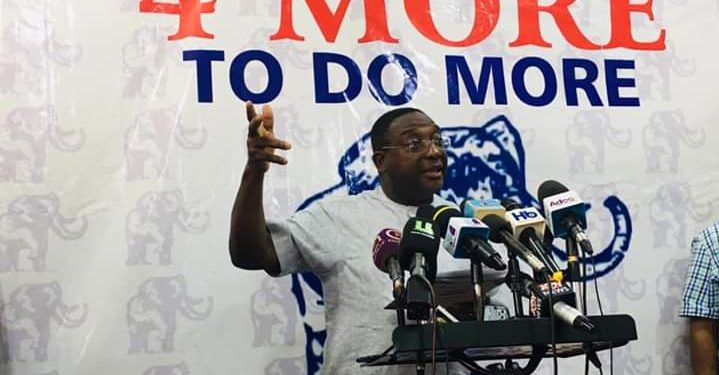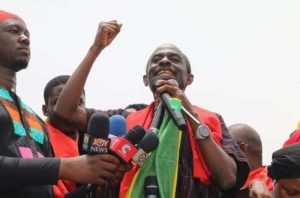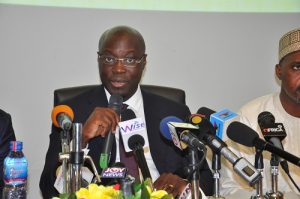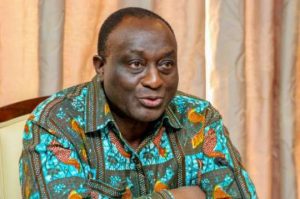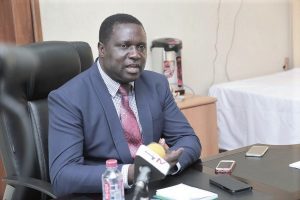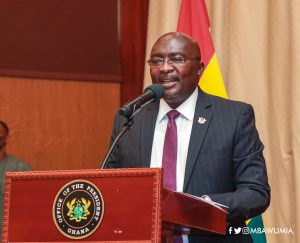National Communications Director of the governing New Patriotic Party (NPP) Yaw Buaben Asamoa has mounted a spirited defence that the e-levy offers Ghana a brand new opportunity to break away from how public financing has been done in the past while offering a reliable source of income to support public growth.
“You will now find a reliable source of income towards public growth…, a reliable way of delivering goods and also especially delivering roads. It helps with delivery of hospitals, reliable way of supporting our security services, essentially all the things that are public goods that individuals cannot provide but government must. Things which do not bring immediate profits but need heavy investment especially infrastructure.”
At a media engagement in the Western Region on the 2022 budget statement, Mr Buaben Asamoa stressed that the e-levy is a new and wonderful opportunity to break away from the past on how public financing has been done since public budgeting started.
“It gives us the opportunity to depart from the old petrol politics. All the political parties who have governed this country in the 4th Republic have focused on petroleum as a source of taxing. Indeed, there was a time when all you have to do for a budget was to announce an increase in petrol prices and everybody else will increase their prices. This has persisted. This year, we have decided based on the novel budget that we will let petrol politics rest and so we are moving petrol out of the political tax bracket and this will be a major departure.”
He further indicated that the e-levy will help government moderate international public borrowing and take away the exposure to international debt.
“International borrowing has become another source of policy dissonance where political parties battle each other over which one has borrowed the most.
“Indeed, we borrow so that we will be able to fund our larger public growth mostly infrastructure. However, we have realised that this is not sustainable as the debt gets out of hand. You will keep borrowing and at some point, the principal and interest will overshadow the entire economy and also the ability of the economy to finance itself.”

